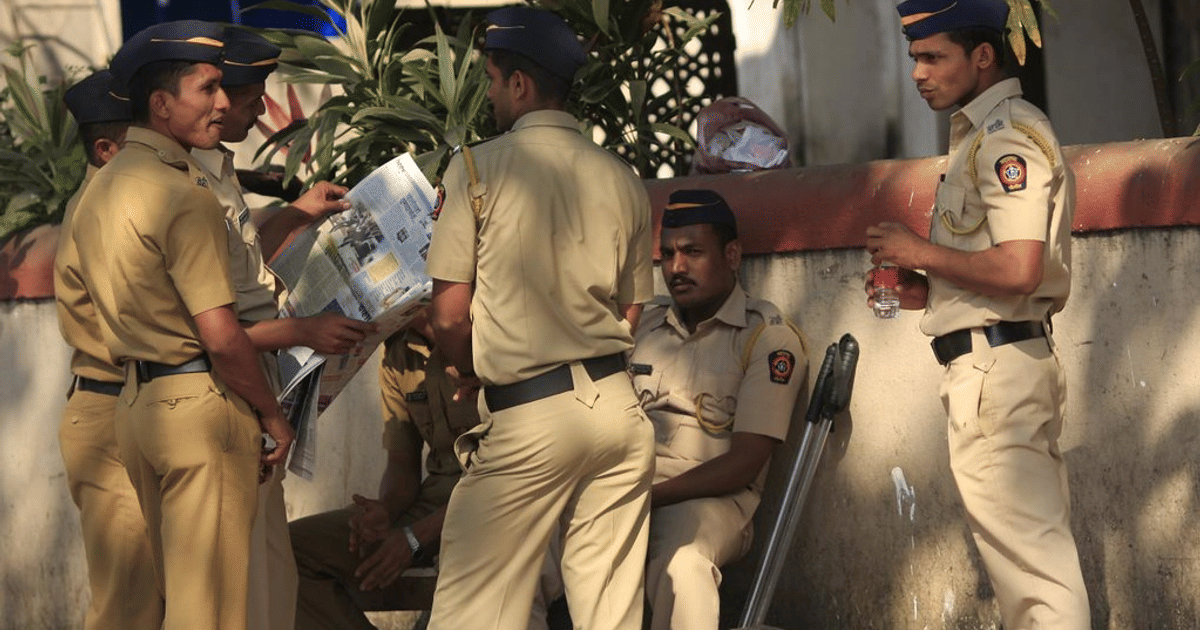 |
|
The Mumbai Police have made a significant breakthrough in the investigation of the attempted robbery and stabbing of actor Saif Ali Khan. The case, which shocked the nation, took a decisive turn with the discovery of nineteen fingerprints belonging to the accused, Mohammed Shariful Islam, a Bangladeshi national, at the crime scene. These fingerprints, found on various surfaces including the bathroom window used for entry and exit, the duct shaft, and the ladder used to access the building, represent compelling evidence against Islam. The meticulous collection and analysis of these fingerprints underscore the dedication and thoroughness of the Mumbai Police investigation. The fact that the fingerprints were found in multiple locations strengthens the prosecution's case, minimizing the possibility of accidental contamination or coincidental presence. The significance of this forensic evidence cannot be overstated, especially given the suspect's non-Indian nationality.
Despite the initial difficulty in identifying Islam through state and national fingerprint databases – a direct result of his undocumented status in India – the police were eventually able to link him to the crime. This highlights the complexities of investigating crimes involving individuals who are not officially registered within the country's systems. The investigation's success in this aspect demonstrates the effectiveness of collaborative efforts and the utilization of diverse investigative techniques. The tracing of Islam's movements after the incident showcases the potency of modern surveillance and digital forensic techniques. The use of CCTV footage from Bandra Railway Station, Dadar, and Worli, combined with the tracking of his UPI transaction for a meal at a food stall, created a clear and comprehensive timeline of his actions following the assault on Saif Ali Khan. This painstaking reconstruction of his movements not only helped to locate the suspect but also strengthened the circumstantial evidence against him.
Islam's confession to the police further solidifies the prosecution's case. While confessions alone are not always sufficient for a conviction, in conjunction with the strong forensic evidence and the detailed account of his actions obtained through CCTV footage and UPI transaction records, it paints a compelling picture of his culpability. The planned reconstruction of the crime, where Islam will be escorted back to the scene to retrace his steps, aims to further corroborate the evidence already collected. This reenactment provides the opportunity to verify the consistency of his confession with the physical evidence and the previously established timeline. The successful apprehension and the gathering of substantial evidence demonstrate the commitment of the Mumbai Police to ensuring justice in this high-profile case. The methodical approach, utilizing various forensic and investigative methods, highlights the evolution of law enforcement techniques in modern India, demonstrating its ability to adapt to the challenges posed by transnational crime.
The case also raises questions about border security and the challenges faced in dealing with undocumented individuals. The ease with which Islam was able to enter and move within India underscores the need for enhanced security measures to prevent similar incidents in the future. It highlights the vulnerabilities within existing systems and the need for constant improvement and adaptation to counter evolving criminal methods. The case, therefore, serves as a reminder of the importance of robust border controls and the need for continued collaboration between national and international law enforcement agencies to effectively address transnational crime. This high-profile case will undoubtedly lead to a renewed focus on addressing gaps in security protocols and improving mechanisms for tracking and apprehending undocumented individuals who engage in criminal activities within the country.
The successful prosecution of Mohammed Shariful Islam in this case would set a crucial precedent for future cases involving foreign nationals accused of crimes in India. It demonstrates the ability of Indian law enforcement to effectively investigate and prosecute even in cases with transnational implications. The detailed evidence gathering and the diligent pursuit of the accused serve as a testament to the professionalism and efficiency of the Mumbai Police. The outcome of the trial will not only determine the fate of the accused but also have broader implications for improving security measures and strengthening the legal frameworks to combat cross-border crimes. The case also stands as a reminder of the challenges of balancing the need for stringent security measures with the respect for human rights and due process for all individuals, regardless of their nationality or legal status.
